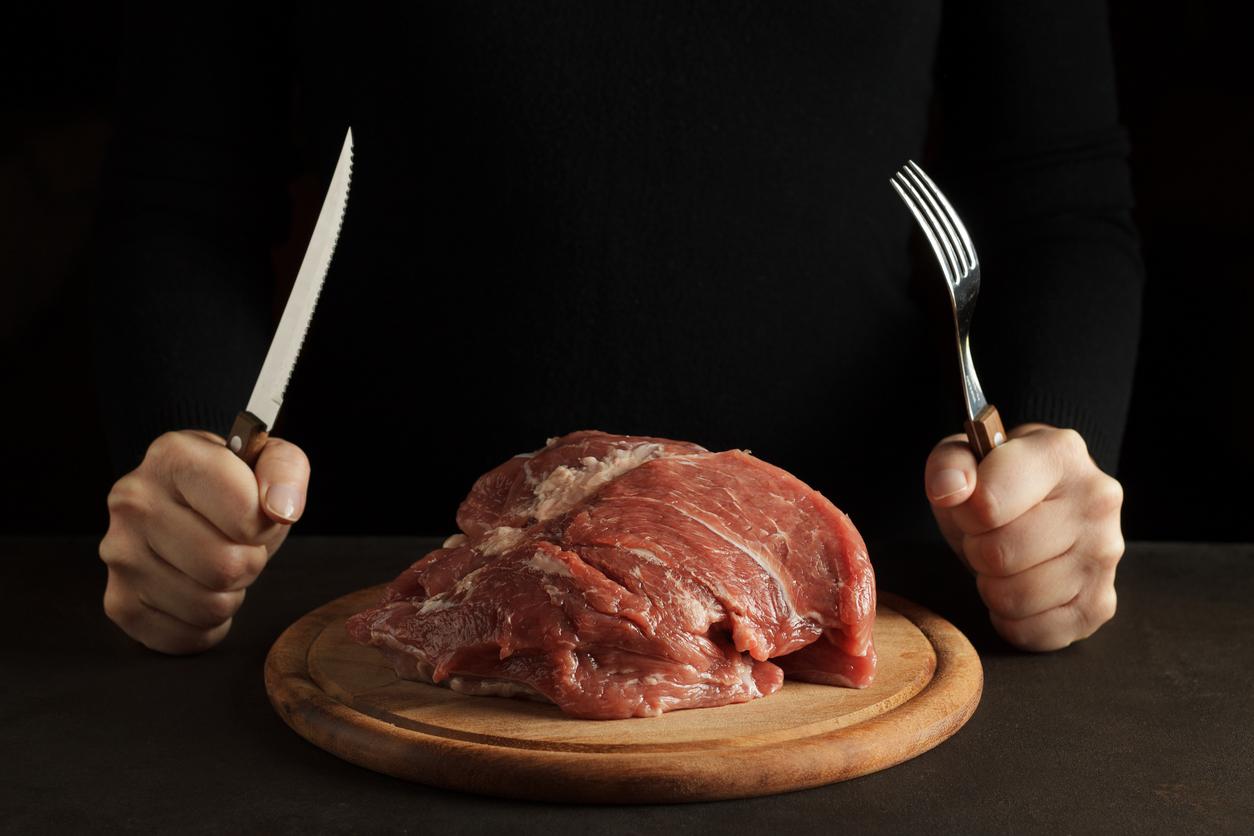The principle of the ketogenic diet is to consume less than 10% of calories as carbohydrates And over 70% as fat. We therefore forget the sugar (bread and pasta included) and we focus on the lipids (salmon, oils, eggs, avocados, bacon…). Instead of drawing its energy from dietary carbohydrates, the body is forced to use glycogen reserves and then lipids. Weight loss is guaranteed even if this diet is not unanimously accepted by the medical profession.
Fight certain cancers thanks to the ketogenic diet?
In general, following a ketogenic diet can deprive cancer cells of the glucose they need to grow. A new study conducted by the Cold Spring Harbor Laboratory (USA) in mice with pancreatic cancer And colorectal, showed that the ketogenic diet slows tumor growth. In a state of ketosis, the body would produce “toxic lipid by-products” which accumulate in cancerous cells which would cause their death by ferroptosis.
In theory, this discovery is promising, but research has shown that the ketogenic diet can cause fatal side effects for people with cancer.This process slows the growth of tumors but also causes early cachexia. There cachexia is a profound weakening of the organism : loss of appetite, extreme weight loss, fatigue and weakened immune system. “Cachexia is the result of a wound that does not heal“, explains Tobias Janowitz, assistant professor at the Cold Spring Harbor Laboratory (CSHL) in a Press release. “It is very common in patients with progressive cancer. They become so weak that they can no longer withstand the cancer treatment. Daily tasks become herculean“. Without real treatment to date, it affects approximately 80% of cancer patients and is responsible for 22% to 30% of cancer-related deaths*.
Tobias Janowitz and Miriam Ferrer, post-doctoral student at CSHL, who are part of the international project Cancer Grand Challenges focused on cachexia. They found that mice with cancer don’t produce enough corticosterone, a hormone that helps regulate the effects of the ketogenic diet in healthy mice. Without it, the mice keep losing weight and getting weaker. They therefore associated the ketogenic diet with injections of corticosteroids in mice with cancer. Their tumors shrank and the injections prevented cachexia. The mice therefore lived longer. “If we can expand this effect and make the treatment more effective, we may eventually benefit patients and improve cancer treatments.“, concludes Janowitz.
Is the ketogenic diet good for your health?
THE ketogenic diet is bad for the heart. It is also at the bottom of the ranking of diets according to the American Heart Association (AHA). Eating more fat and restricting foods like heart-healthy whole grains can cause cholesterol level students and one increased risk of cardiovascular disease (stroke, heart attack). Also beware of deficiencies because many foods do not meet the criteria of the diet.
To note : The ketogenic diet is strongly discouraged for people with type 1 diabetes or pathologies affecting the heart or kidneys.
Sources:
- Ketogenic diet promotes tumor ferroptosis but induces relative corticosterone deficiency that accelerates cachexia, Cell MetabolismJune 2023
- *Development and progression of cancer cachexia: Perspectives from bench to bedside, Sports Medicine and Health Science2020
- American Heart Association
















